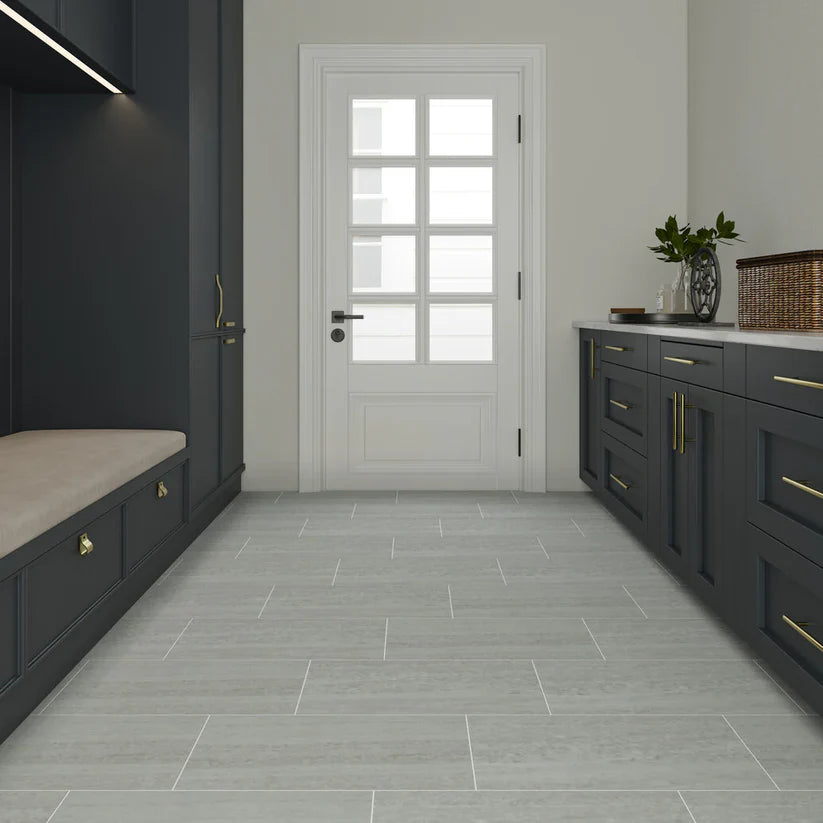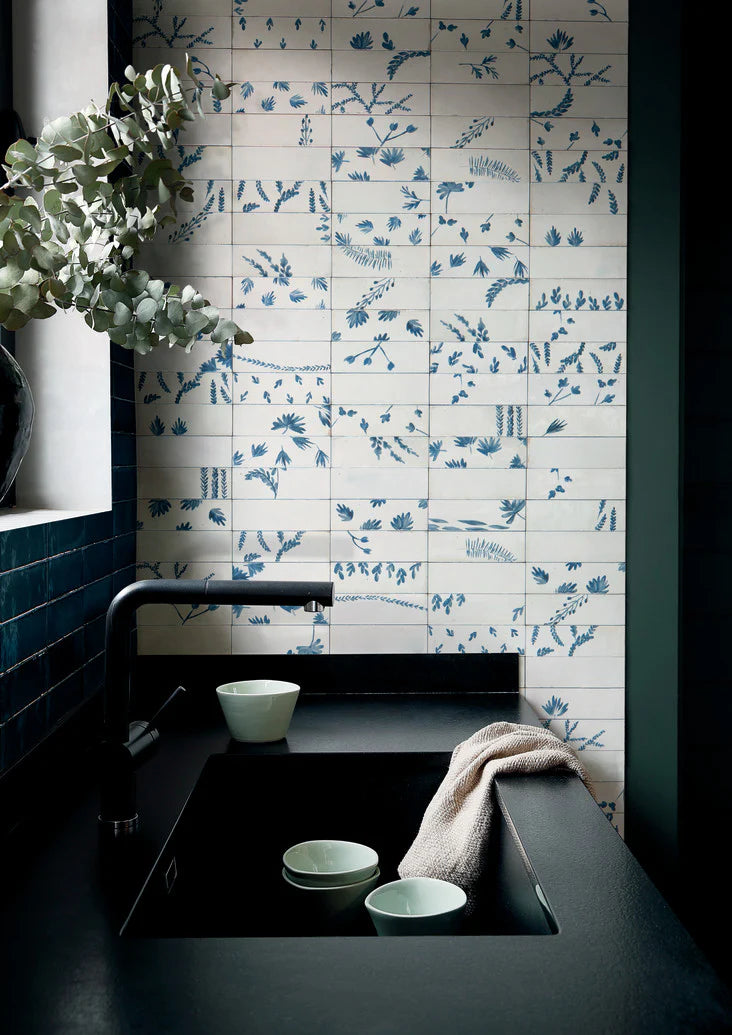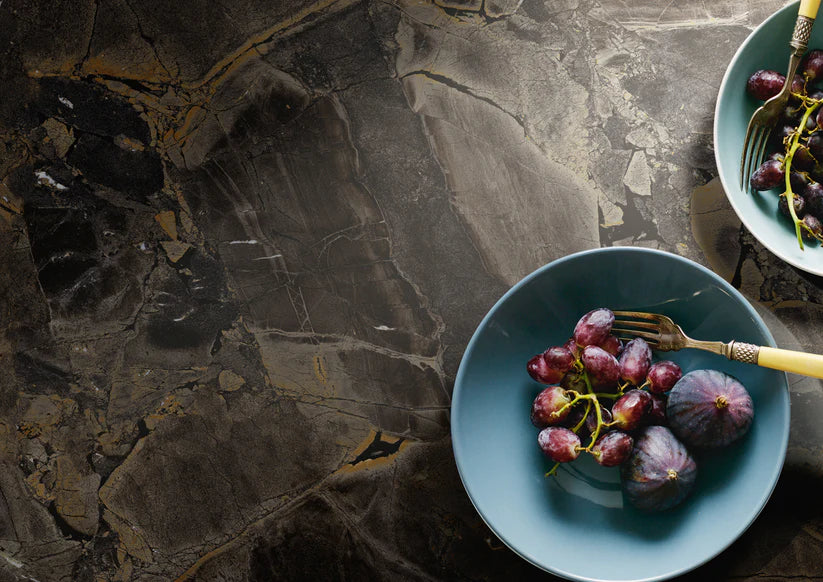Porcelain
Where Does Porcelain Originate From?
Porcelain originated in China, where it was first developed during the Tang Dynasty (618–907 AD). The craft reached its peak during the Yuan Dynasty (1279–1368 AD), when the process for creating true, or hard-paste, porcelain was perfected. This material, known for its strength, translucency, and delicate beauty. It was made by firing a mixture of kaolin clay and petuntse (china stone) at high temperatures.
Porcelain became highly sought after worldwide, earning the nickname "china" in many languages due to its origins. It took centuries for other regions, like Europe, to replicate the process, with the first successful European porcelain being produced in Meissen, Germany, in the early 18th century.

Floor
Using porcelain tiles on floors is a great option due to their durability, versatility, and aesthetic appeal. They are incredibly tough and can withstand heavy foot traffic, making them ideal for high-traffic areas. Porcelain tiles are also highly resistant to water and stains, making them perfect for wet areas such as bathrooms and kitchens. They are easy to clean and maintain, requiring only regular sweeping and occasional mopping. Porcelain tiles can help keep your home cooler in warm climates and are compatible with underfloor heating systems. They are made from natural materials and can be a sustainable choice for flooring. Porcelain tiles are suitable for kitchens, bathrooms, living rooms, hallways, and outdoor areas. Overall, porcelain tiles offer a combination of practicality and style, making them an excellent choice for flooring in various settings.

Walls
Using porcelain tiles on walls can add both elegance and durability to various spaces in your home. Porcelain tiles are highly resistant to moisture and stains, making them an excellent choice for bathrooms, kitchens, and even outdoor areas. Their wide range of colors, patterns, and finishes allows for creative design possibilities, whether you want a sleek modern look or a rustic aesthetic. The tiles are also easy to clean and maintain, requiring only regular wiping with a damp cloth. Because of their robustness, porcelain tiles can withstand everyday wear and tear, ensuring your walls look stunning for years to come. Whether you're creating a feature wall or a full room renovation, porcelain tiles offer a blend of beauty and practicality.

Durability
Porcelain is renowned for its exceptional durability, making it a popular choice for both flooring and wall applications. Its hardness and density are achieved through the use of fine, dense clay and high-temperature firing processes. This results in a tile that is highly resistant to wear, chipping, and scratching. Porcelain tiles can withstand heavy foot traffic and are less likely to crack under pressure, making them ideal for high-traffic areas. Additionally, their low porosity means they are highly resistant to moisture and stains, which further enhances their durability in wet environments like bathrooms and kitchens. Overall, porcelain tiles offer a long-lasting and reliable option for various surfaces in your home.

